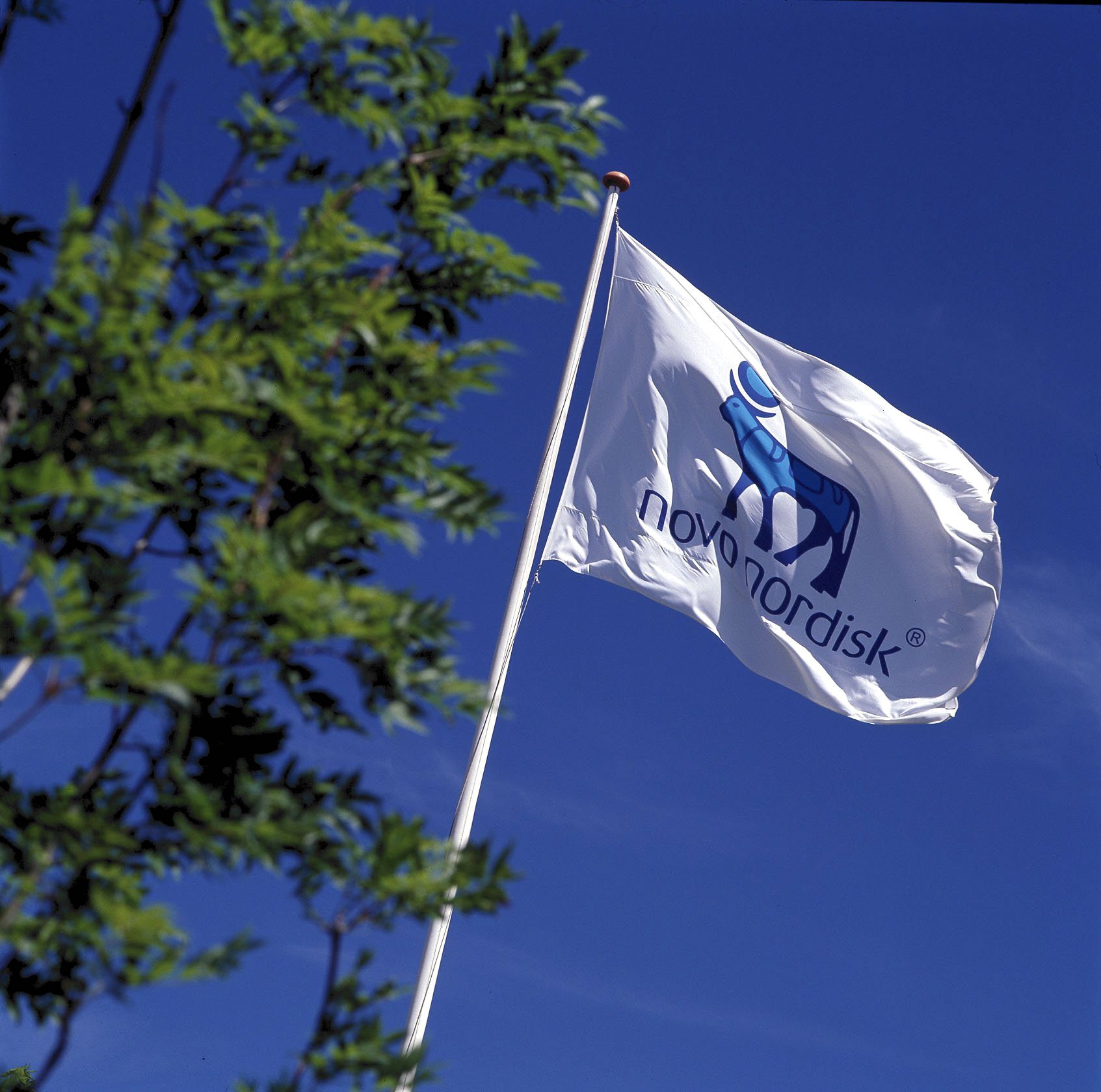Novo cleared to add key data to Tresiba label

Novo Nordisk can add data showing Tresiba can reduce the risk of hypoglycaemia to its label, a development which should help its fight competition from cheaper alternatives.
The FDA has ruled that Novo can include data from the Devote study on Tresiba’s (insulin degludec) label, which shows that it can reduce risk of hypoglycaemia by 40% compared with Sanofi’s rival Lantus.
It’s a major victory for Novo, which is trying to find ways to differentiate itself from Lantus (insulin glargine), which has lost market share after Lilly and Boehringer Ingelheim produced a near-identical biosimilar at a cheaper price.
Getting the data on the label will therefore help Novo make the case to doctors to prescribe the more expensive Tresiba, instead of Lantus or its biosimilars.
Hypoglycaemia is a huge problem for people with diabetes and has been linked to increased risk of cardiovascular problems.
The problem is made worse because patients in this state do not realise that they are having a hypoglycaemic episode as their judgement becomes impaired.
The data comes from the DEVOTE trial, which was originally announced at last year’s American Diabetes Association (ADA) conference.
DEVOTE was actually a trial that was designed to show that Tresiba matches Lantus in terms of cardiovascular safety – a requirement from the FDA after a rejection in 2013.
But by adding the secondary hypoglycaemia endpoint, Novo was able to use the trial as an opportunity to demonstrate the new insulin’s advantages over its older rival.
[caption id="attachment_20125" align="alignnone" width="179"] Mads Krogsgaard Thomsen[/caption]
Mads Krogsgaard Thomsen[/caption]
Mads Krogsgaard Thomsen, executive vice president and chief science officer of Novo Nordisk, told pharmaphorum at the event that the findings will not likely affect Tresiba’s price.
The company has gained advantages from formulary changes in the US Medicare Part D market as of January 2018, helping Tresiba to growth its market share.
Another key development for the firm was the recent US launch of its new GLP-1 drug Ozempic (semaglutide), which is expected to become a major product in the market.












